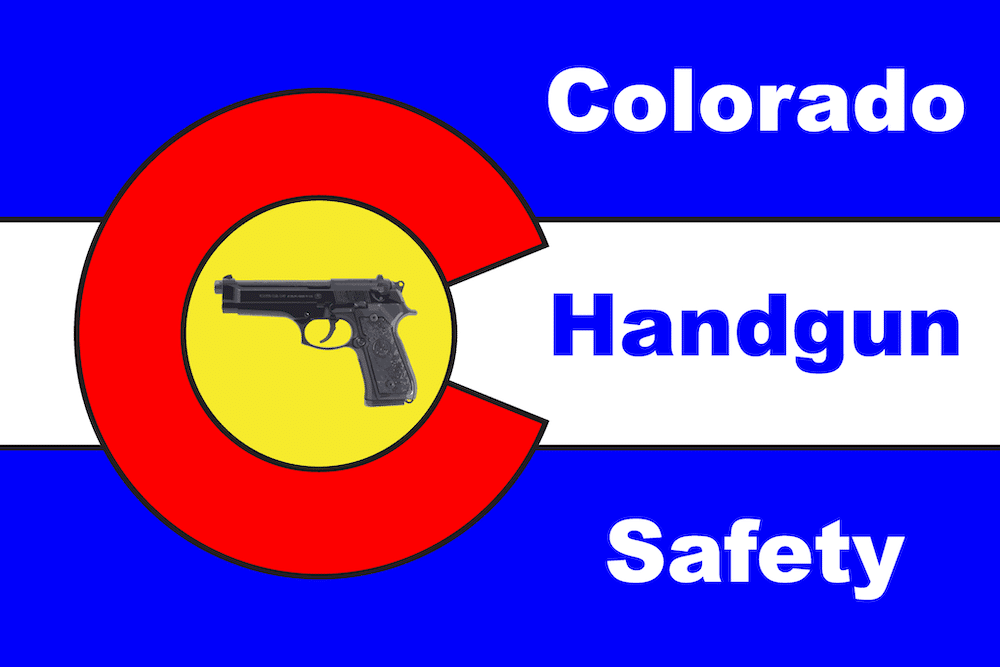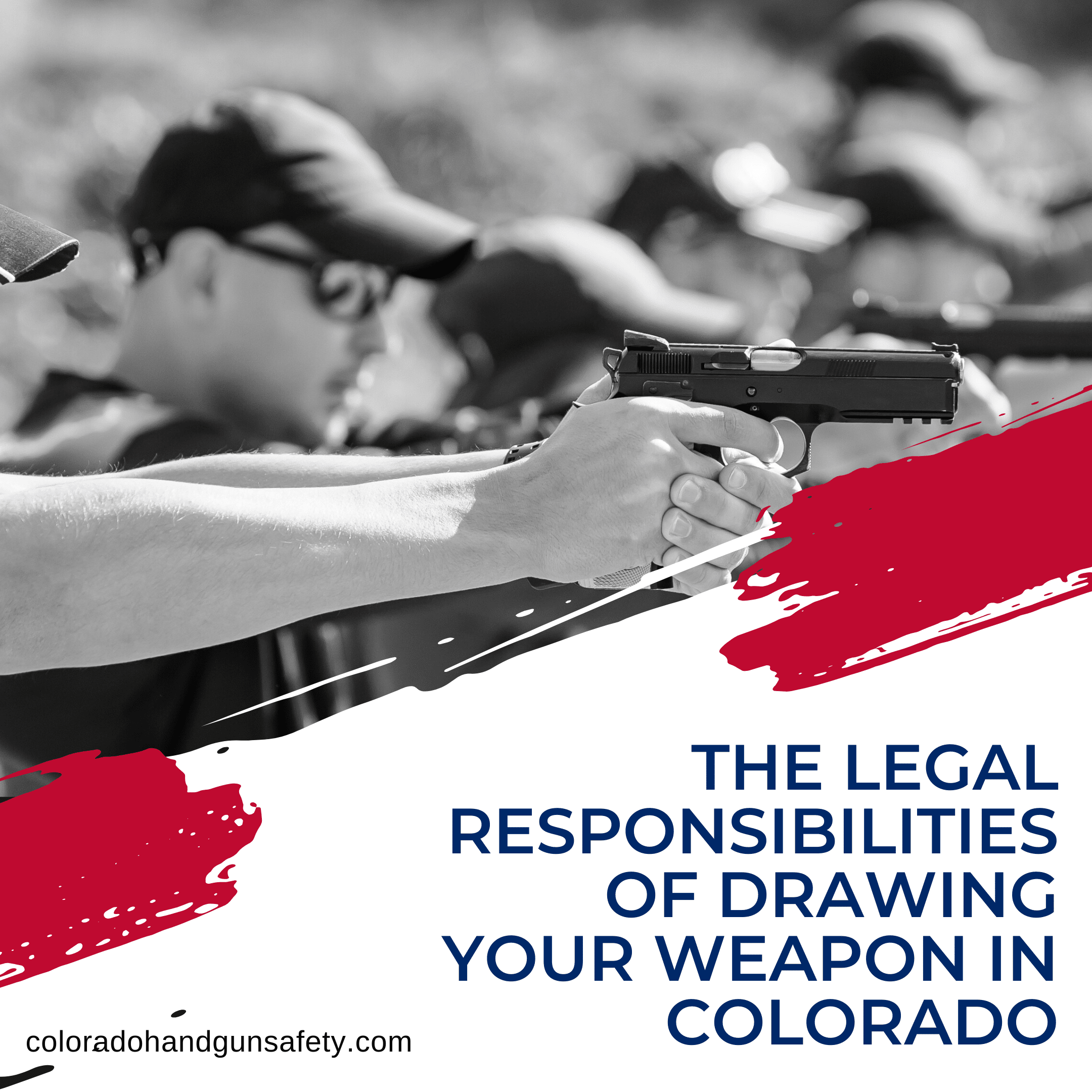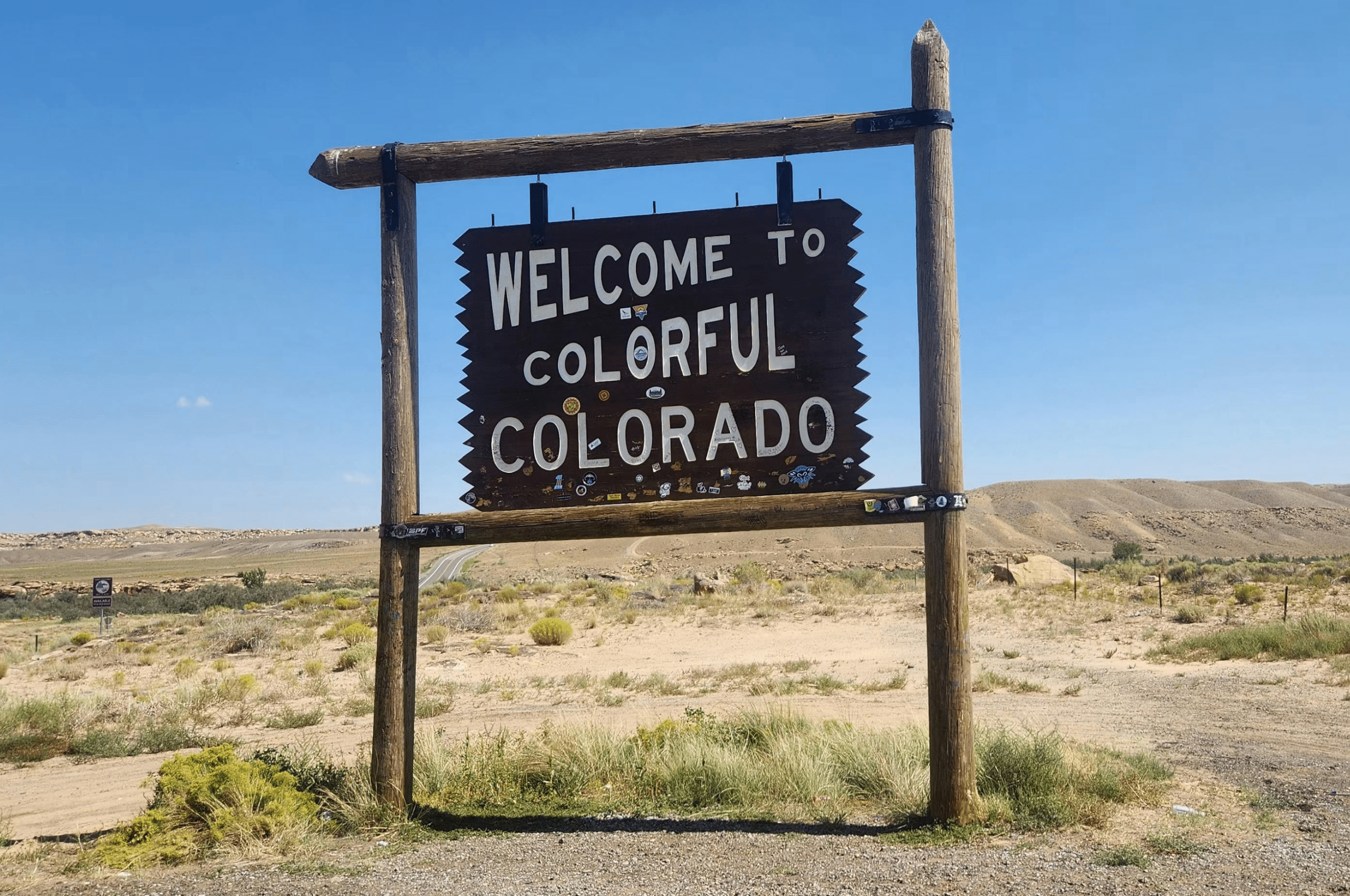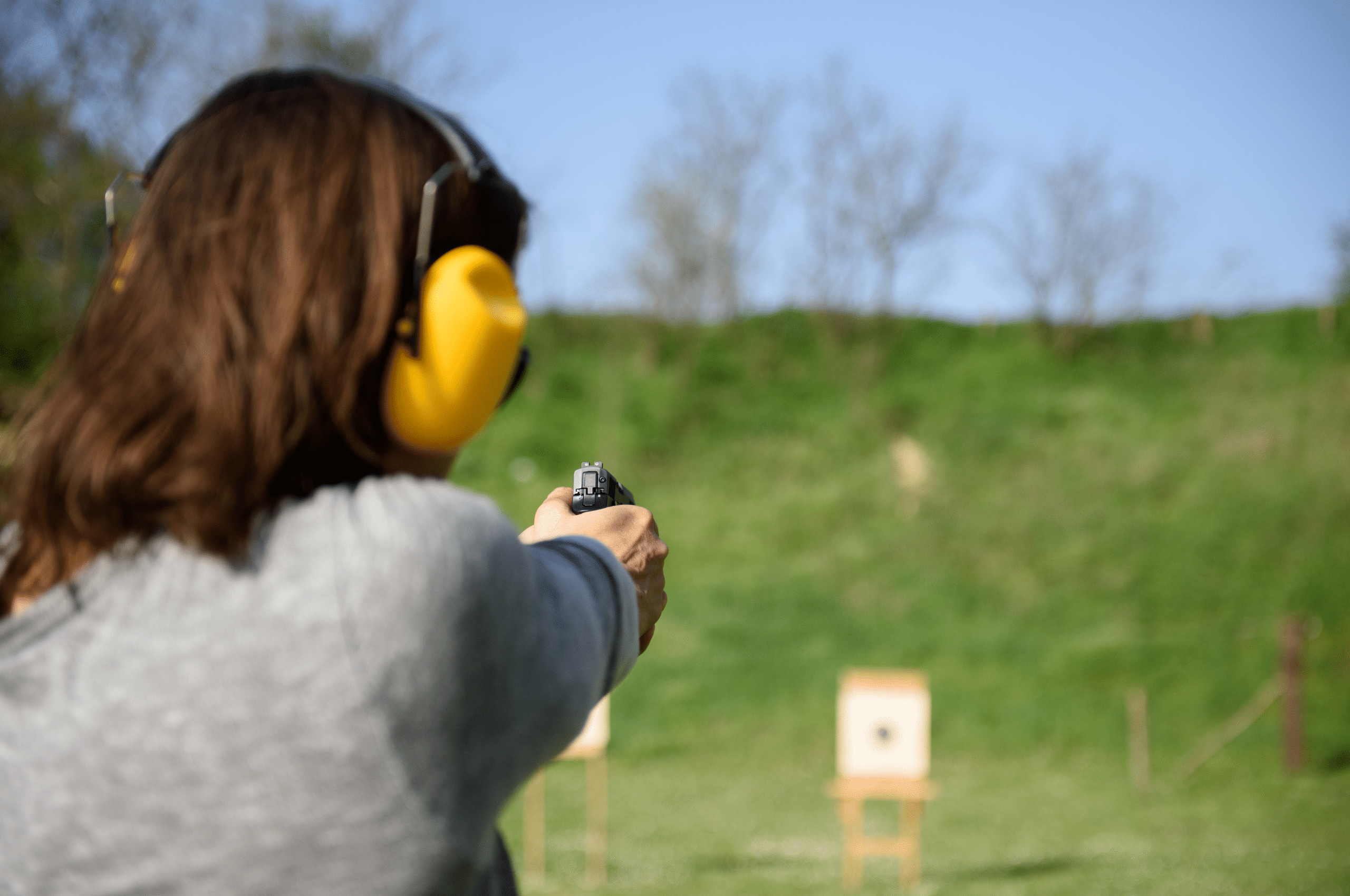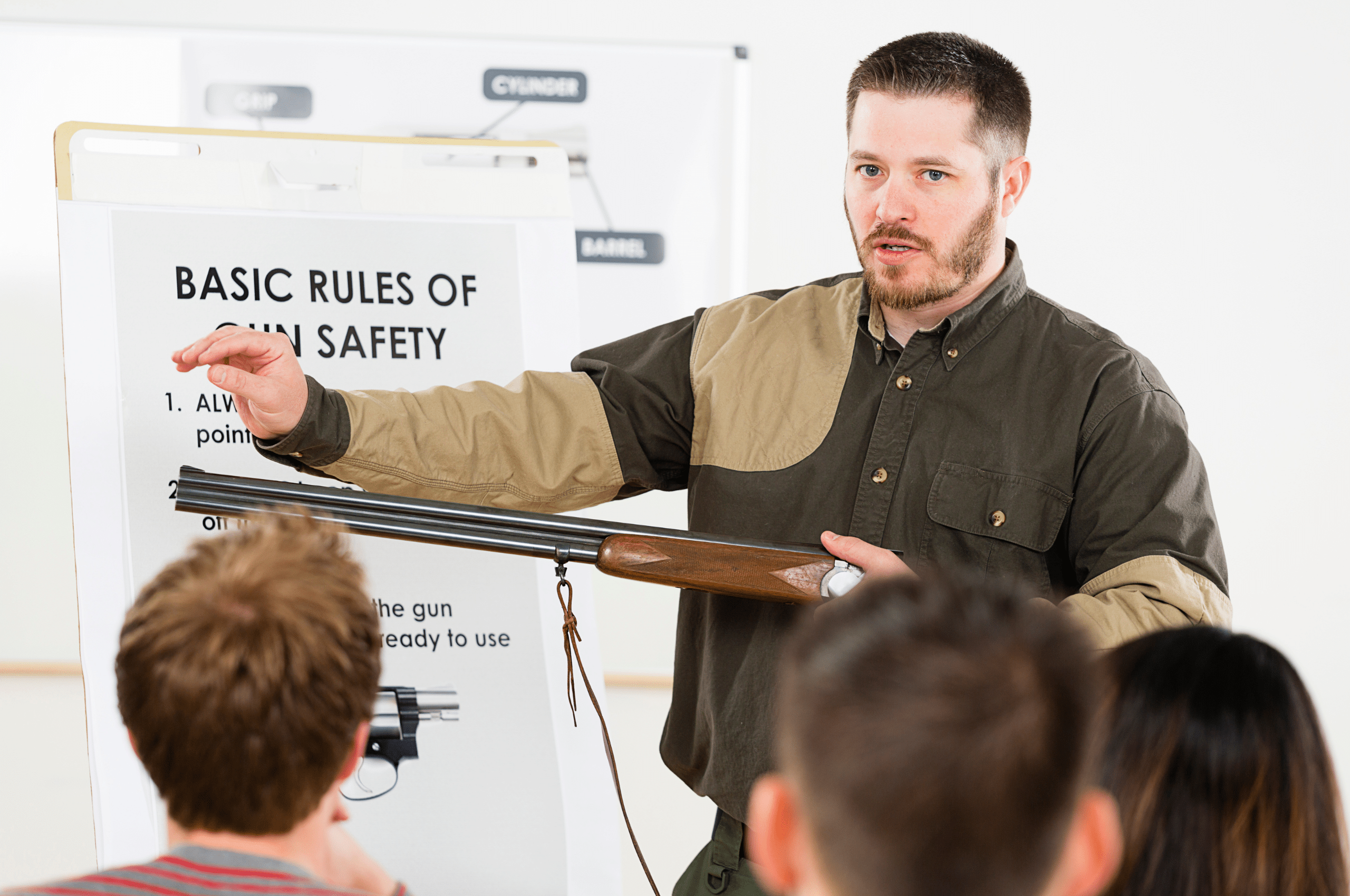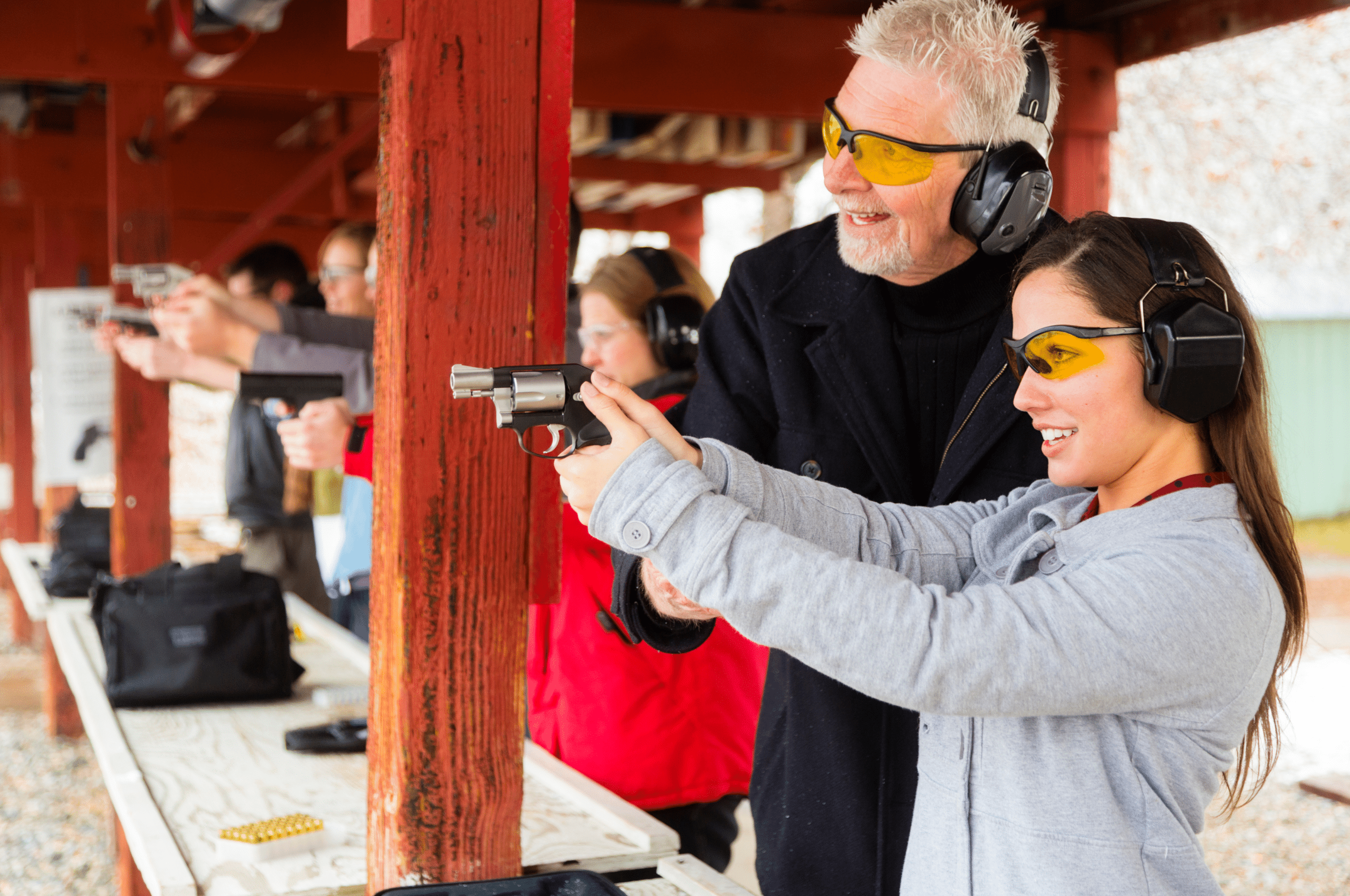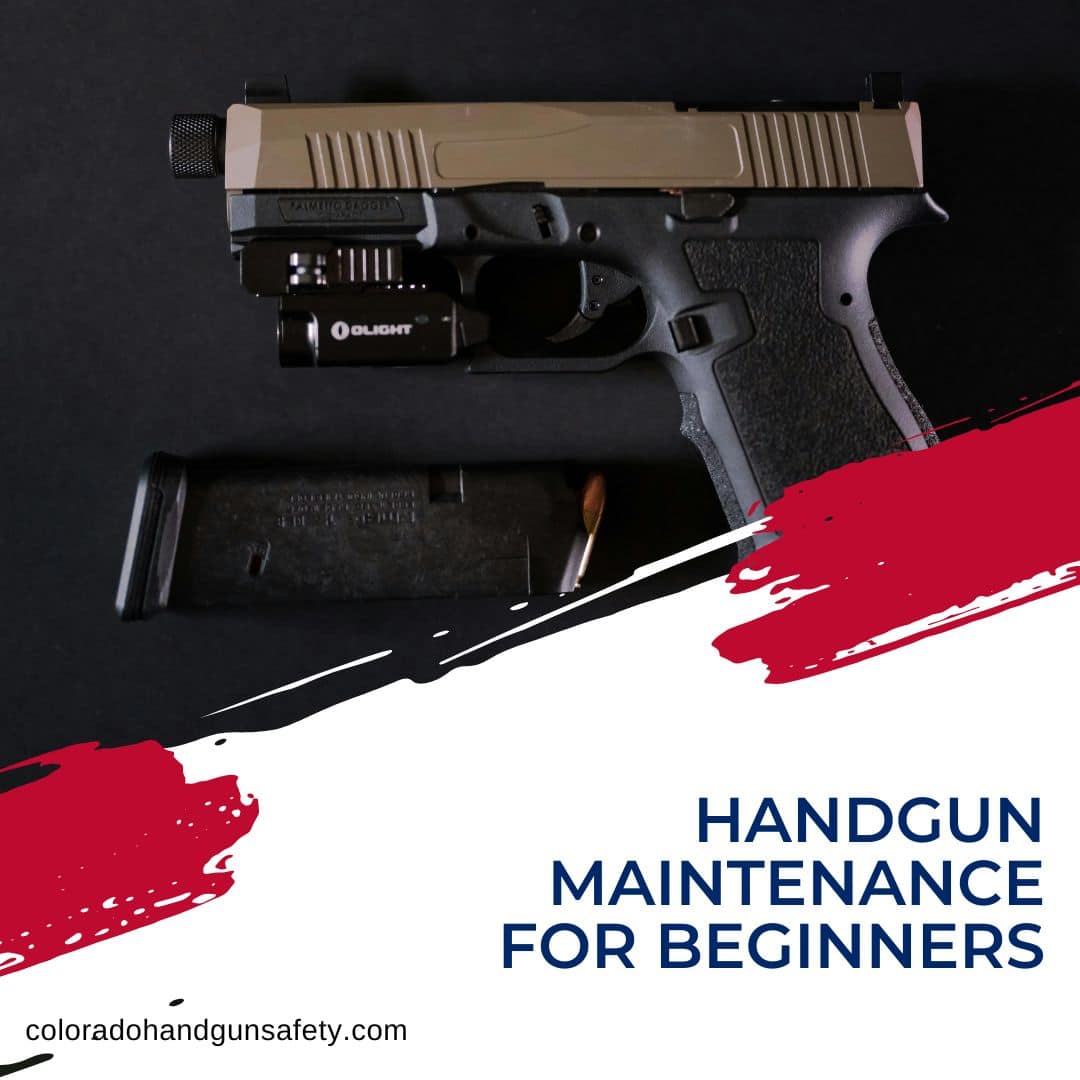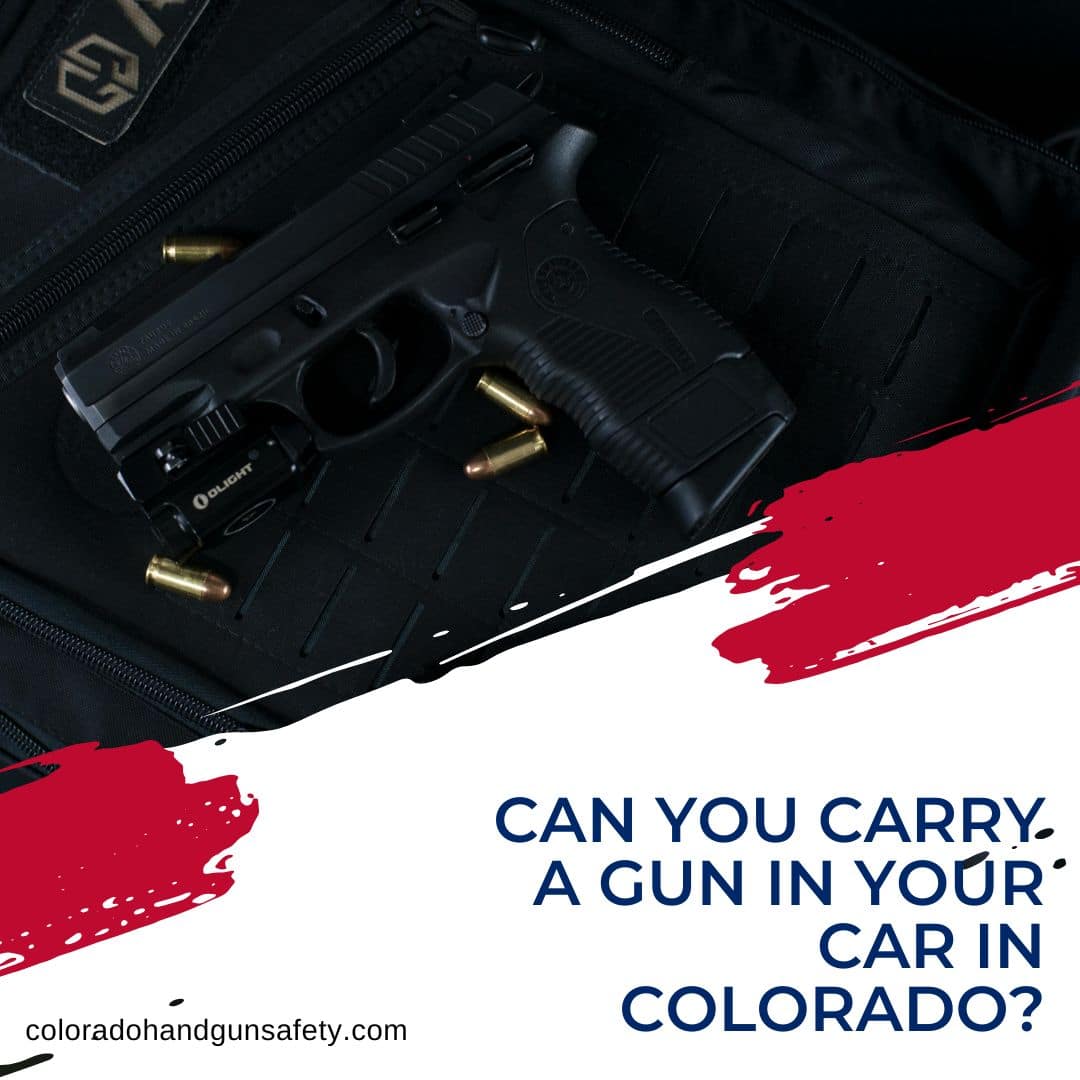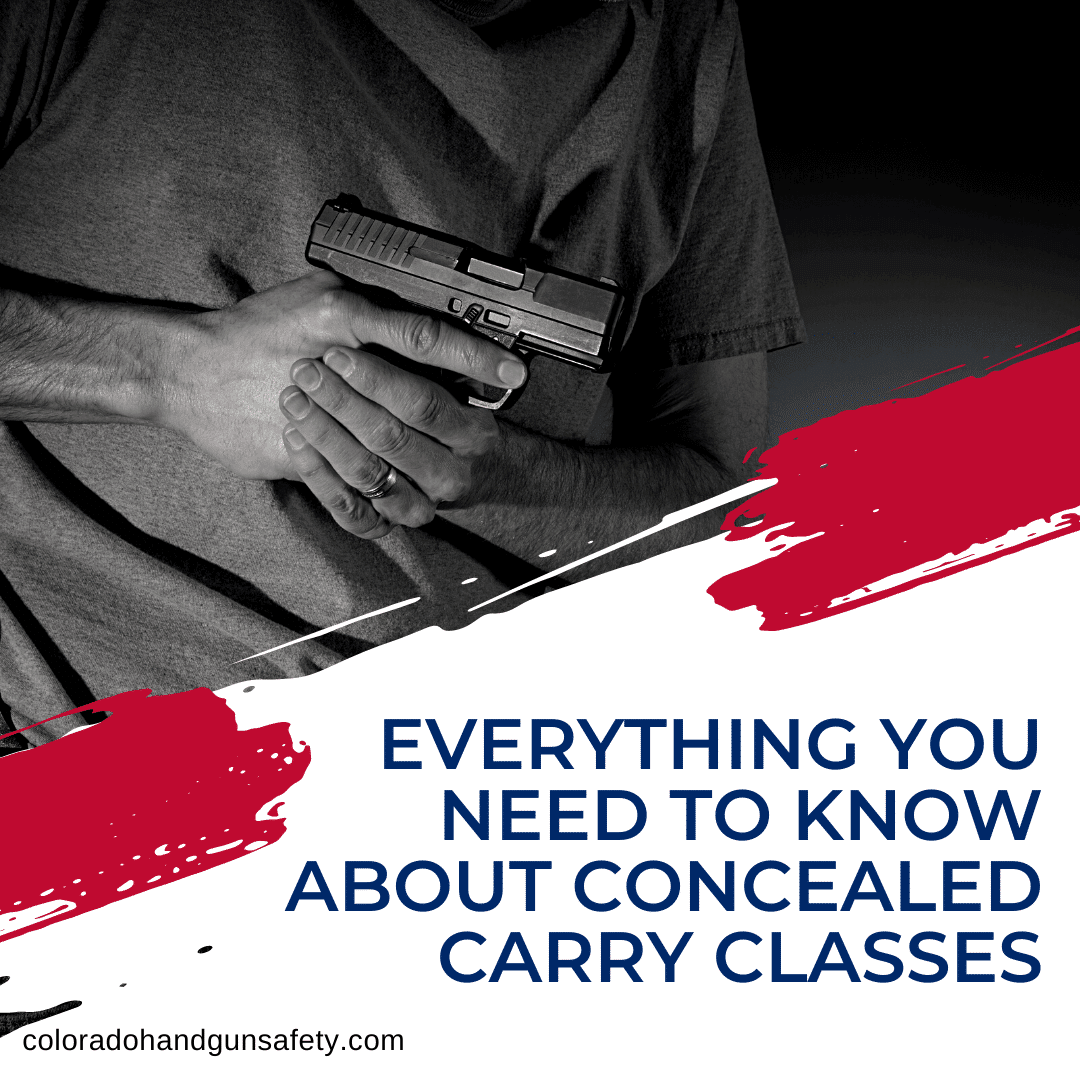In Colorado, self-defense laws are designed to protect individuals who use self-defense to prevent harm to themselves or others. The state follows a version of the “Make My Day” law. It incorporates elements of the Castle Doctrine, which allows you to defend yourself in your home without the duty to retreat if you believe an intruder intends to commit a crime and use physical force. Duty to retreat means that if you are in danger of being harmed before using self-defence, you must first try to escape the situation. When outside the house, Colorado law permits the use of force if you reasonably believe it is necessary to protect yourself or another person from the threat of imminent death or serious bodily injury. Prosecutors and juries will evaluate your actions based on what a “reasonable person” would have done in the same situation. Self-defense laws are not a justification for using a firearm. You must be able to clearly articulate why you believed deadly force was necessary at that moment. Misusing these laws can lead to serious criminal charges or civil liability. Every responsible gun owner in Colorado should study the state’s self-defense statutes and seek ongoing training to stay informed.
At Colorado Handgun Safety, we don’t just teach concealed carry classes; we empower responsible gun owners with the knowledge they need to navigate Colorado’s laws with confidence. Our instructors are certified experts with years of experience in firearms safety and state-specific legislation. We stay up-to-date on evolving regulations so our students consistently receive accurate educational training. We educate others so that you can feel in control when you are put in a dangerous situation. In this blog, you will learn the legal responsibility of drawing your weapon in Colorado so that you can defend yourself with confidence.
Understanding Colorado’s Self-Defense Laws: When It’s Legal to Draw Your Weapon
Drawing your firearm in Colorado is a serious act that can carry the same legal weight as discharging it. You should only draw your weapon when you reasonably believe there is an immediate threat of death or serious bodily harm to yourself or others. Situations that may justify drawing your firearm include:
- An armed attacker approaching you or someone nearby
- A violent assault in progress where deadly force could be necessary
- A home invasion or unlawful entry where you believe the intruder intends to harm you
Brandishing or displaying a firearm without a legitimate self-defense reason can lead to criminal charges. The law requires that your response needs to be appropriate to the threat. For example, pulling a gun during a verbal argument or minor altercation is never justified. The line between legal and illegal use of a firearm can be thin; it’s critical to combine your concealed carry training with a strong understanding of Colorado’s self-defense laws.
What are Menacing Laws in Colorado?
Prosecuting a violent situation where self-defense is used in Colorado happens under the Colorado Revised Statutes §18-1-704 and the state’s menacing laws. Menacing occurs when someone knowingly or attempts to place another person in fear of imminent serious bodily injury through the use of threats or physical action. Menacing goes both ways and includes displaying a firearm in a threatening manner without lawful justification. Menacing with a deadly weapon is a class 5 felony, which can carry significant prison time, fines, and the loss of your right to own firearms in the future. Revealing your firearm in a way that makes another person reasonably fear for their safety could be considered unlawful. To avoid violating brandishing or menacing laws in Colorado:
- Only display your firearm if you are legally justified under self-defense laws
- Keep your weapon holstered until you are prepared to use it to stop an imminent threat
- Avoid using your firearm as a tool of intimidation during arguments or disputes
Duty to Retreat in Colorado
Colorado is a “stand your ground” state, meaning that if you are in a place where you have a legal right to be, such as your property, you do not have to try to run away before defending yourself from imminent danger. Colorado’s self-defense statutes support this law and the Make My Day law for home protection, which allows individuals to protect themselves without first attempting to flee. Jurors and investigators will consider whether your actions were reasonable under the circumstances.
Key points about Colorado’s duty to retreat laws:
- No obligation to flee if you are in a lawful location
- Force must be proportional to the threat you face
- Deadly force can only be used if you believe it’s necessary to stop an imminent threat of death or serious injury
- The law applies in both public spaces and on your property
How the Law Determines if Your Actions Are Justified
Whether your use of force is legally justified in Colorado depends on the totality of the circumstances. Prosecutors, law enforcement, and potentially a jury will examine the situation in detail to decide if your actions met the standards of reasonable self-defense under state law. Key factors they consider include:
- Imminent Threat – Was there an immediate risk of death, serious bodily harm, or another violent crime?
- Reasonable Belief – Would another reasonable person in the same situation believe that using force was necessary?
- Proportional Response – Was the level of force you used proportional to the threat faced? Deadly force is only justified against a lethal threat.
- Location & Rights – Were you lawfully present in the area where the incident occurred?
- Your Actions Beforehand – Did you initiate or escalate the confrontation? Aggressive or unlawful behavior before the incident can undermine a self-defense claim.
- Opportunity to Avoid – Even though Colorado does not have a duty to retreat, investigators may still assess whether you could have safely disengaged without using force.
Colorado’s laws aim to protect the rights of individuals acting in legitimate self-defense, but they also guard against unnecessary use of force. Understanding these standards before you carry a firearm can help you make lawful decisions if you ever face a real-life threat.
What to Do After Drawing Your Weapon
Suppose you find yourself in the rare and serious position of having to draw your firearm. Your actions immediately afterward can have a significant impact on your legal standing and personal safety. The priority is always to end the threat and prevent further harm, both to yourself and others.
1. Assess the Situation Quickly:
Once the threat has stopped, holster your weapon safely as soon as it’s secure to do so. Leaving your firearm drawn when it’s no longer necessary can lead to legal complications.
2. Call 911 Immediately:
Report the incident right away and clearly state that you were involved in a self-defense situation. Provide your location, a description of yourself, and a brief statement that you acted in self-defense. Avoid providing extensive details until you have spoken to an attorney.
3. Stay on the Scene If Safe:
Unless remaining at the scene puts you in immediate danger, do not leave. Fleeing can be seen as an admission of guilt. Keep your firearm holstered and hands visible, ready for when law enforcement arrives.
4. Cooperate, but Protect Your Rights:
When officers arrive, expect them to secure the scene and possibly your weapon. Stay calm, follow commands, and avoid sudden movements. Politely inform them that you will provide a complete statement after consulting with your attorney.
5. Contact a Firearms or Self-Defense Attorney:
Legal representation is crucial after any self-defense incident with a firearm. An experienced attorney can guide you through statements, help protect your rights, and ensure your actions are presented in the proper legal context.
Drawing your weapon is one of the most serious decisions you can make as a gun owner. Knowing what to do afterward can help you handle the situation responsibly, protect your safety, and strengthen your legal defense.
Your Civil Liability in Colorado After a Self-Defense Incident
Even if your actions are legally justified under Colorado’s self-defense laws, you could still face civil liability from the person you defended yourself against or their family. Unlike criminal court, where the state must prove guilt beyond a reasonable doubt, civil cases have a lower burden of proof, meaning it’s easier for someone to sue you for damages. Even if you were acquitted of a crime, civil lawsuits may seek compensation for:
- Medical expenses for injuries caused by your use of force
- Pain and suffering claims from the other party
- Property damage related to the incident
- Wrongful death if the incident resulted in a fatality
To reduce your risk:
- Understand the state’s self-defense laws thoroughly before carrying a firearm
- Avoid escalating confrontations whenever possible
- Consider self-defense insurance, which can help cover legal fees and settlements
- Document the incident as accurately as possible, including witness statements and evidence
While self-defense keeps you safe, it’s essential to prepare for the legal and financial consequences that could follow.
Firearm Training & Preparedness
Owning and using a firearm for self-defense comes with significant responsibility. The best way to protect yourself legally and physically is through training and preparation. In Colorado, concealed carry classes provide the foundational skills and legal knowledge you need. We highly recommend firearm self-defense classes and proper permits to ensure your safety if you own a gun. Classes will prepare you for different self-defense scenarios, conflict de-escalation, and mental preparedness. In the state of Colorado, it is our right to own a firearm for self-protection; it is your job to use your right responsibly and legally.
Frequently Asked Questions
1. Is it legal to draw my weapon in Colorado if I feel threatened?
It depends on the situation. Colorado law allows you to draw your weapon if you reasonably believe you are in imminent danger of death or serious bodily injury. You must be able to justify your actions under self-defense laws.
2. What counts as “brandishing” a firearm in Colorado?
Brandishing refers to displaying your firearm in a threatening or aggressive manner without legal justification.
3. Does Colorado have a “duty to retreat” law?
No. Colorado follows a “stand your ground” principle in certain situations. This means you are not required to retreat if you are in a place you have a legal right to be and you face an imminent threat.
4. Can I face civil lawsuits even if I was legally justified in using my weapon?
Yes. Even if the criminal justice system finds you acted within the law. The person you defended yourself against or their family may still file a civil lawsuit seeking damages.
5. How can I prepare myself to make the right decision in a high-stress situation?
Ongoing firearms training, legal education, and scenario-based practice can help you respond effectively and legally when under pressure.
Own Your Responsibility and Begin Your Training Today
Owning a firearm in Colorado comes with serious legal and moral responsibilities. The best way to protect yourself and others is to be fully prepared. Enroll in a certified Colorado handgun safety and concealed carry class today to build the knowledge, skills, and confidence you need to act lawfully and decisively. Don’t wait until you’re faced with a life-or-death decision; start your training now and ensure you’re ready to protect yourself within the bounds of the law.
At Colorado Handgun Safety, we are more than just a training provider; we are a trusted resource for responsible firearm ownership in Colorado. With years of experience teaching concealed carry and handgun safety, our certified instructors are dedicated to helping every student build confidence while staying compliant with state laws. Whether you’re new to firearms or renewing your permit, our classes are designed to give you practical knowledge, hands-on training, and peace of mind. Take the next step today and register for a Colorado Handgun Safety class and gain the education you need to carry confidently and responsibly.
